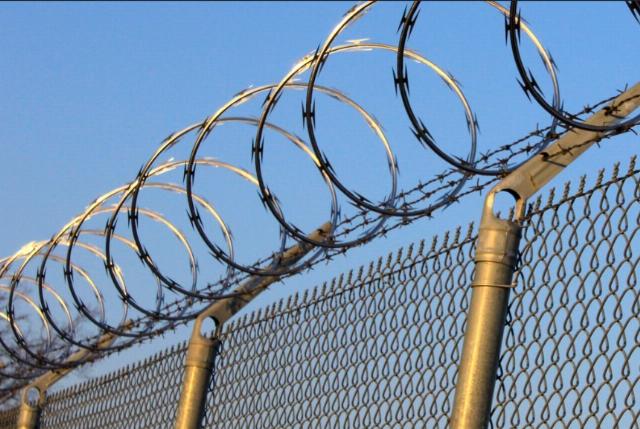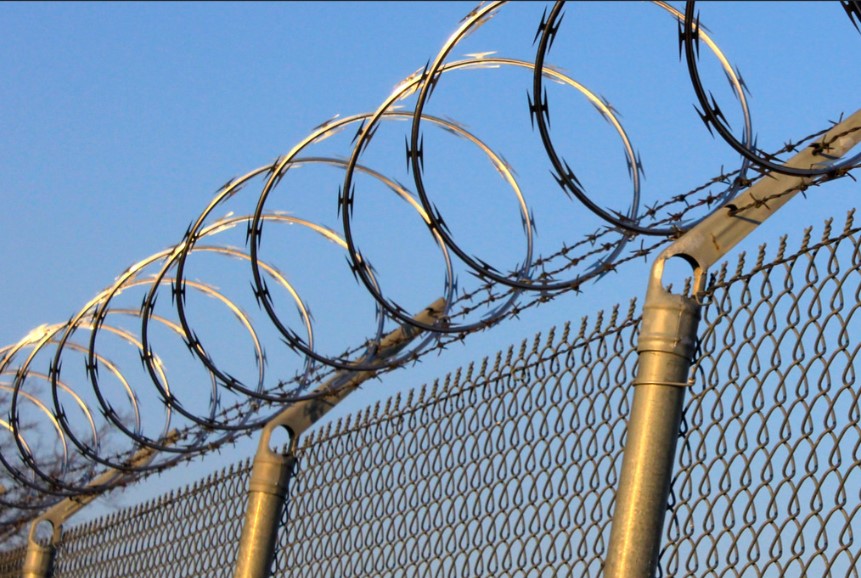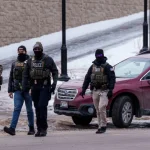

woodleywonderworks
If this one had gone differently, the whole world would also be different now.The present world we see today can be traced back to a war that is almost unknown in America, yet had it turned out differently — and it almost did — much of the world problems were see today might not exist.
The Dutch Boers (lit: farmers, also called Afrikaners) in South Africa fled inland, away from the Cape Colony, after the British took it over in 1814. They did not want to live under British rule.
The Dutch did not like the imposition of English language and culture. They resented the abolition of slavery. (Where have we heard that before?) But it was more than slavery.
The Boers were primarily the descendants of Dutch, Huguenot, and German Calvinists. In the 1830s, these Dutch farmers left the then-British Cape Colony and headed for the interior, where they would form the Orange Free State and the Transvaal Republics.
This was called the Great Trek, and it became the stuff of legend. The arduous journey and settlement of the interior paralleled the American conquest of the West. Great paintings were made; books were written about it.
The Boers were religiously conservative Calvinists. Their leaders carried bibles with them. Admittedly, some took it a bit too far — Paul Kruger misinterpreted the bible to conclude that the Earth is flat — but they were overall quite admirable.
But the British kept interfering with them. They could not let the Boers go free. The English tried to interfere with us, too. They impounded our sailors, a cause of the War of 1812. They tried to persuade the Republic of Texas not to join the Union. They tried to interfere in our Civil War.
Only the Boers were too few to fight back.
In 1881, the Boers won the First Boer War, which secured their independence, though the British claimed they were still a vassal state. The British had expected the Boers to remain backward rubes, annoying, but mostly inconsequential. So to London, their “independence” was deemed a minor concession.
Only gold and diamonds were being found in the Boer Territory, and incredible amounts of wealth fell into the hands of the Boer — rather than the British, who wanted it for themselves.
So tens of thousands of British subjects poured into the Boer Republics to stake their claim. The Dutch Afrikaners called them Uitlanders (Outlanders, foreigners). The Boer government would not enfranchise them. They knew that to do so would destroy their Dutch Afrikaner republics.
This was clearly a manufactured crisis, similar to those who would ask Israel to give the Palestinians a right of return that would demographically destroy the Jewish state.
The British wanted those diamonds and gold, and they used every trick in the book to claim that the Boers were oppressors.
At first, they tried to overthrow the Boers in the Jameson Raid of 1895. The Boers caught wind of the plot and thwarted the raid.
The British would not let up, and in 1899, they started moving armies to the border to threaten the Boers.
With no other choice, the Boers pre-emptively struck, and for three years, the world saw a few heroic Boers make a monkey of the mighty British Army. The British had to create concentration camps, where Afrikaner women and children were held — and often starved — to force a surrender.
It scandalized the British
What prompted this war was major British money. Cecil Rhodes, a former prime minister of the British Cape Colony and a mining magnate and conspirator in the Jameson Raid, along with a few London bankers, wanted complete control of all the gold and the diamonds. Those diamonds and gold could finance Rhodes’s elitist dreams for world British control.
Rhodes wanted to bring America back under British rule.
Why should we not form a secret society with but one object the furtherance of the British Empire and the bringing of the whole uncivilised world under British rule for the recovery of the United States for the making the Anglo-Saxon race but one Empire?
Yes, this was the mother of all conspiracy theories, only it is true.
When the Boer War started, almost no one on the planet rooted for the British. Even the American public opinion was pro–Dutch Afrikaner on the street.
However, a year earlier, at the Battle of Manila Bay (between the U.S. and Spain), a British fleet prevented the Germans from intervening to stake a claim on the islands.
By order of Kaiser Wilhelm, VAdm. Ernst Otto von Deidrich’s brought a German squadron to Manila to protect German citizens and property, and, more importantly, to investigate the possibility of Germany receiving territorial acquisitions in the region after the war. During the blockade the Germans were a frequent annoyance to Dewey, moving in an out of Manila Bay, making contact with Spanish military forces, and looming as a possible threat. Tensions were particularly high because, through a quirk of naval logistics, Deidrich’s squadron at Manila had more men available and boasted greater firepower than the Americans for the period of 18 June to 8 July.
This was not so much out of British charity, but they wanted to check a German presence in the Pacific. Britain was in a fix. Their usual policy of destabilizing their competitor wouldn’t work in 1898, when both the Germans and the Americans were competitors. So they decided to help America, since they deemed Germany worse. America was the lesser of two evils to the British elite. British assistance at Manila Bay had an ulterior motive.
Rhodes’s idea was to woo the United States back by educating an elite cadre of globalists — the Rhodes Scholarship. So whereas the American public favored the Boers, the monied elite felt they were “obligated” to support Britain, in light of that British naval assistance at Manila Bay. The elites overruled the American public.
Cecil Rhodes’s scheming wormed its way down to the present, with the Rhodes Scholarship, and various globalist fellow travelers.
But the Boers threw a monkey wrench into all of this.
– The Boers were not interested in joining the British Empire.
– The Boers were not globalists. Indeed, they were often isolationist.
– The Boers just wanted to be left alone.
The British won the war, but they took a savage beating and were horribly humiliated.
However, in the wake of their victory, globalization ran ahead.
The USA, formerly hostile to England (we used call the British “perfidious Albion”), now became somewhat pliant. The Anglophile Woodrow Wilson could have been a poster boy for this sea change. It was often hard to tell who was in charge — the USA or England — but the Anglo-American alliance was what Rhodes had wanted.
Centralized banking took over the Western world soon thereafter. Even when the British Empire “fell,” it kept control of the banks.
The Boer War had been fought for the control of gold by the elite, not for the common man.
Most white citizens of the British empire were unmoved by the uitlanders’ discontent, being prejudiced in any case against the mine owners, bankers and Jews who made up some of their number.
Monied interests wanted to control the wealth.
Lies and exaggerations have been made against the Boer.
While the Boers did not treat blacks well, they did not officially sanction slavery — unlike the Confederacy, which did. Were the British that much better?
The British did not fight to free Africans from the Boer. Indeed, after the war, they allowed the Boers to institute Apartheid. The British fought for gold, pure and simple.
Listen to this famous song.
Had the Boers won, the USA would not be so globalist. Internationalists would not have been set up.
The wrong side won.
The Boer War is a cornerstone to history, and no one teaches it rightly.
<img a alt="
Image: woodleywonderworks via <a data-cke-saved-href=" by captext="





